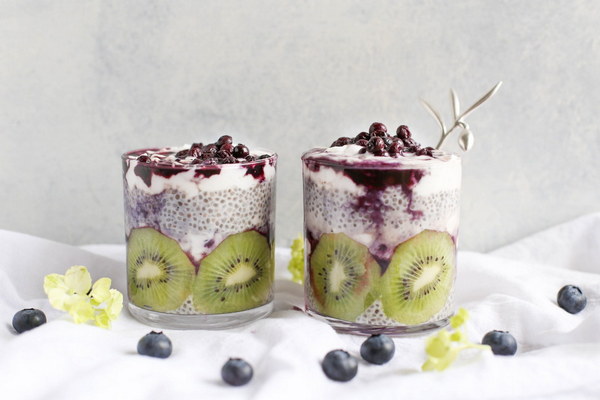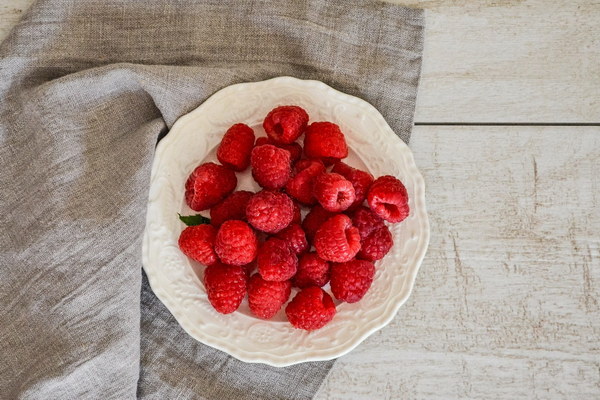Revolutionize Your Skincare Routine with the Power of Vitamin C and Anti-Aging Serums
Are you tired of dealing with dull, aging skin? Do you want to achieve a radiant, youthful complexion? Look no further! Incorporating vitamin C and anti-aging serums into your skincare routine can work wonders for your skin. In this article, we'll explore the benefits of these powerful ingredients and provide you with tips on how to effectively use them for a brighter, more youthful appearance.
Vitamin C, also known as ascorbic acid, is a potent antioxidant that plays a crucial role in maintaining healthy skin. It helps protect the skin from free radicals, which can cause premature aging and damage to skin cells. Additionally, vitamin C is essential for the synthesis of collagen, a protein that gives the skin its elasticity and firmness. Here's why you should consider adding a vitamin C serum to your skincare regimen:
1. Brightens skin tone: Vitamin C is an excellent ingredient for evening out skin tone and reducing the appearance of hyperpigmentation. It inhibits the production of melanin, the pigment responsible for dark spots and discoloration.
2. Fights wrinkles: By promoting collagen production, vitamin C helps to diminish the appearance of fine lines and wrinkles. It also encourages the growth of new skin cells, which can lead to a smoother, more youthful complexion.
3. Protects against UV damage: Vitamin C is known for its ability to neutralize harmful UV rays and protect the skin from sun damage. This can help prevent premature aging and the development of skin cancer.
Now, let's talk about anti-aging serums. These products are designed to target specific signs of aging, such as wrinkles, fine lines, and sagging skin. They often contain a combination of ingredients that work together to provide comprehensive anti-aging benefits. Here are some key ingredients to look for in an anti-aging serum:
1. Retinol: This vitamin A derivative is a well-known anti-aging ingredient. It stimulates cell turnover, which can help to reduce the appearance of wrinkles and improve the overall texture of the skin.
2. Peptides: These small chains of amino acids can help to boost collagen production and improve skin elasticity. They also have anti-inflammatory properties, which can help to reduce the appearance of redness and irritation.
3. Hyaluronic acid: This hydrating ingredient can help to plump up the skin, reducing the appearance of fine lines and wrinkles. It also attracts moisture to the skin, leaving it feeling smooth and supple.
4. Green tea extract: This antioxidant-rich ingredient can help to protect the skin from environmental damage and reduce inflammation.
To effectively use vitamin C and anti-aging serums, follow these tips:
1. Cleanse your face: Begin by cleansing your face with a gentle cleanser to remove any dirt, oil, or makeup that could interfere with the absorption of the serums.
2. Apply vitamin C serum: After cleansing, apply a small amount of vitamin C serum to your face and neck. Gently massage it into the skin until fully absorbed.
3. Wait: Allow your skin to absorb the vitamin C serum for a few minutes before applying any other skincare products.

4. Apply anti-aging serum: Once your skin is ready, apply your anti-aging serum. Again, use a small amount and massage it into the skin.
5. Moisturize: Finish your skincare routine with a moisturizer to lock in the benefits of the serums and provide additional hydration.
Remember to use these products consistently for the best results. It may take several weeks to notice significant improvements, but with patience and dedication, you'll be well on your way to achieving a brighter, more youthful complexion.
In conclusion, incorporating vitamin C and anti-aging serums into your skincare routine can make a significant difference in the health and appearance of your skin. By understanding the benefits of these powerful ingredients and following a consistent skincare regimen, you can enjoy a radiant, youthful complexion for years to come.









